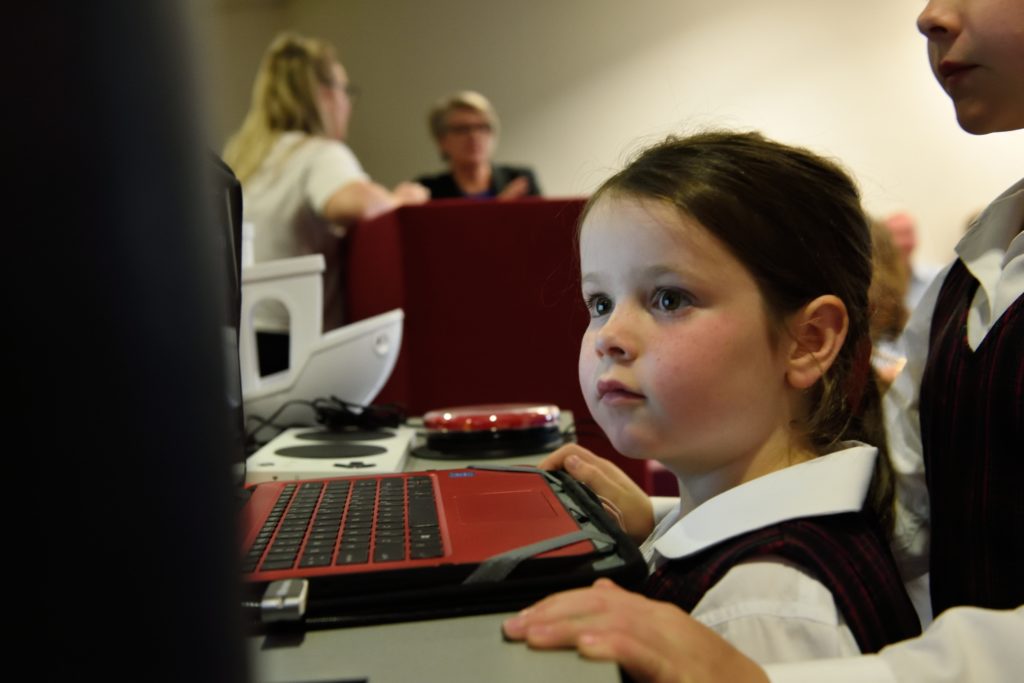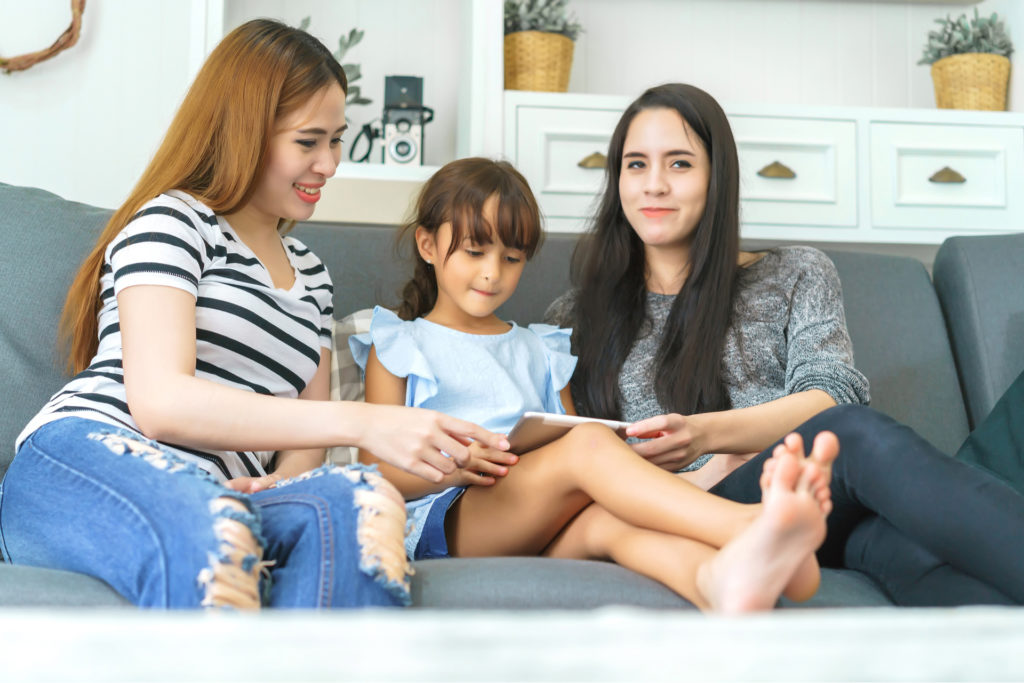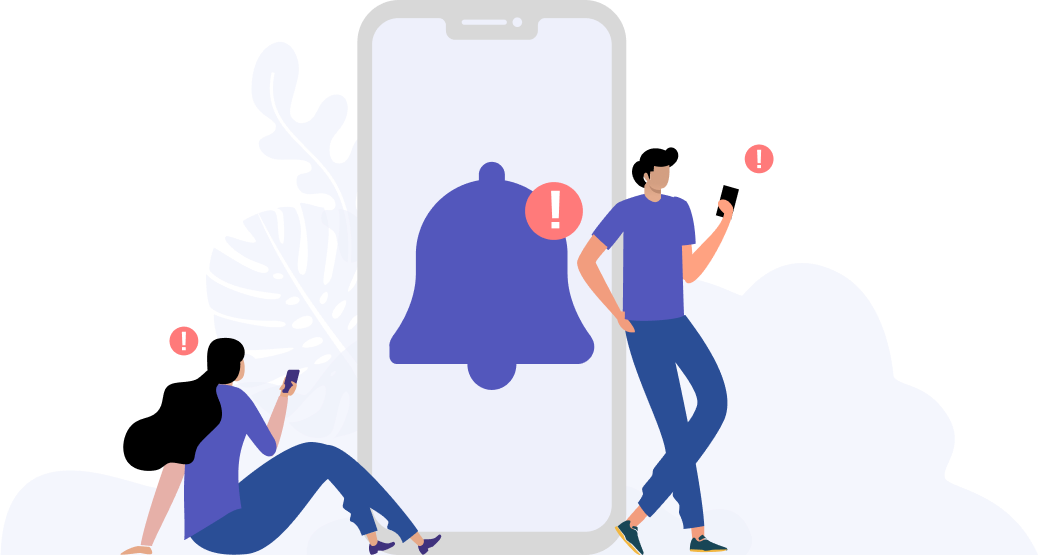A Parent’s Handy Guide on What Should and Shouldn’t be Shared by Kids on Social Media

In the world of digital interactions, everything around us is getting quicker and smarter. So are today’s kids. They are way too sharp than yesteryear’s children and swiftly adapt to modern technology. And what attracts them more is the networking power of the social media and their several applications, where they could connect and share all their moments in colorful ways.
Research says 95% of kids are active on social media apps with texting, microblogging, chatting and dating by easily surpassing the age limit restrictions. Sharing is their version of fun, but what kids don’t know is that oversharing can lead to pitfalls.
What happens when kids share all their information online?
Sharing real names, birthdays and live locations can easily help online predators locate your kid easily.
Cyberbullying is a growing threat. Though social sites have improved their reporting features, online bullying is still rampant. With cyberbullies around, the photos and videos your kids share are not always safe.
They may be shared without permission or harassed and bullied.
Anonymous chatting may pave way for a physical encounter with a wrong person.
So here’s what every parent needs to know to talk with their kids about sharing information online and guard them from threats.
What kids shouldn’t share online?
Real name. It’s best for your kid to have a screen name while online. If it’s for social media, a real first name will suffice.
Personal details like age, phone number, email address, home address and name of their school.
Live locations. Restrict kids from using check-in applications that share live locations.
Clues to current or future location. This can happen by tagging location along with photos or videos, or even status updates/tweets.
Parent’s financial status.
Passwords or information that may easily help predators guess the password.
What’s safe to share?
Status updates preferably on private mode that only friends and family can view.
Hobbies and interests like favorite band, food etc.
Decent pictures and videos without reveling current location and personal details.
Information about pets, its name, type, habits etc.
Opinions on current topics, projects and achievements.
Links to blogs if there’s any, making sure the blog doesn’t reveal any personal information.
Your role in safeguarding your kids’ online activity:

Know the apps your kids are using. Use them yourself to know how it works, and whether it is easy to stumble upon on inappropriate content.
Social media accounts are usually public by default, so instruct your kids to switch to a private account where information shared can only be viewed by friends.
Teach your kids about reporting harassment or blocking users when necessary.
Switch off location sharing. You may reason it may help you track your kid’s whereabouts but so can online predators.
Also, search if any of the previous posts shared by your kid have a location tag and if so, delete it.
Remind them never to accept friend requests from strangers.
Educate your kids about the consequences of live streaming. Almost every social app has this feature, which may easily help predators find out your child’s whereabouts.
Encourage kids to create strong passwords and change them frequently. Make sure they don’t share it with anyone.
Teach your kids to respect others privacy as well and never post anything about friends and family members without taking their permission.
In a nutshell, parents can set a good example by showing kids to use social media appropriately. Setting a family agreement on online usage and communicating to children about safe choices are better ways to positively train kids against the craze of social apps.
Tools Designed for Healthier Eyes
Explore our specifically designed products and services backed by eye health professionals to help keep your children safe online and their eyes healthy.





